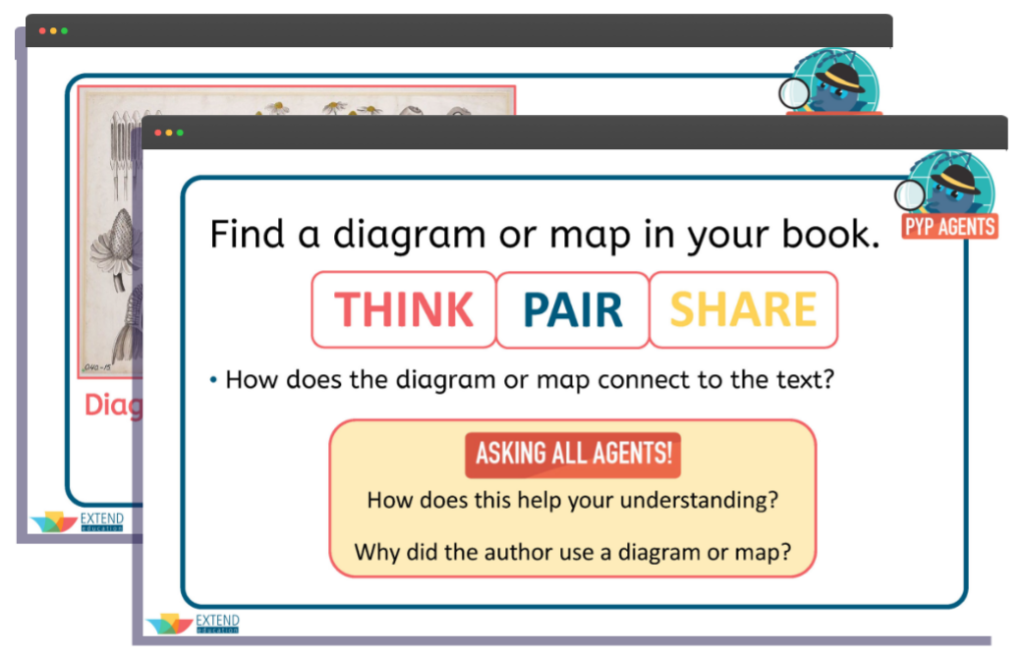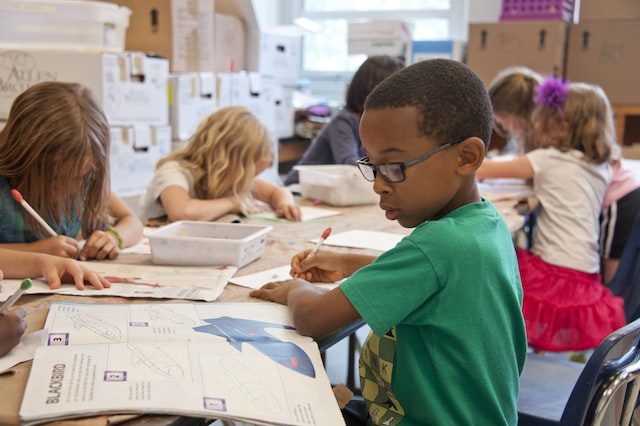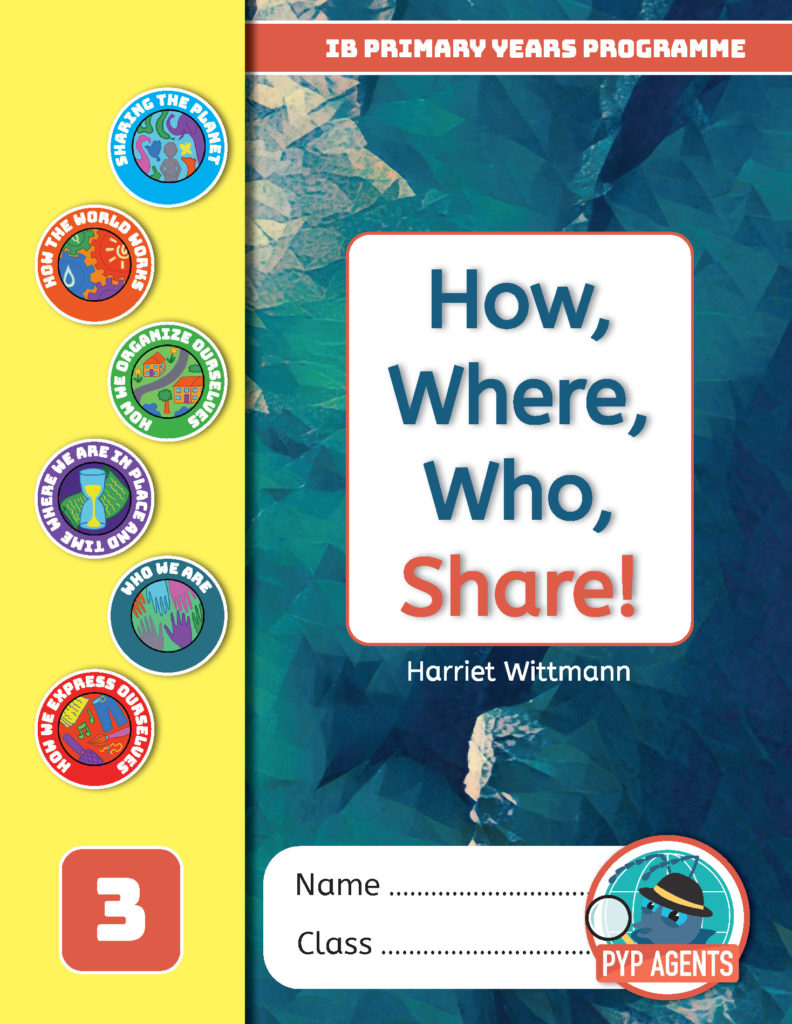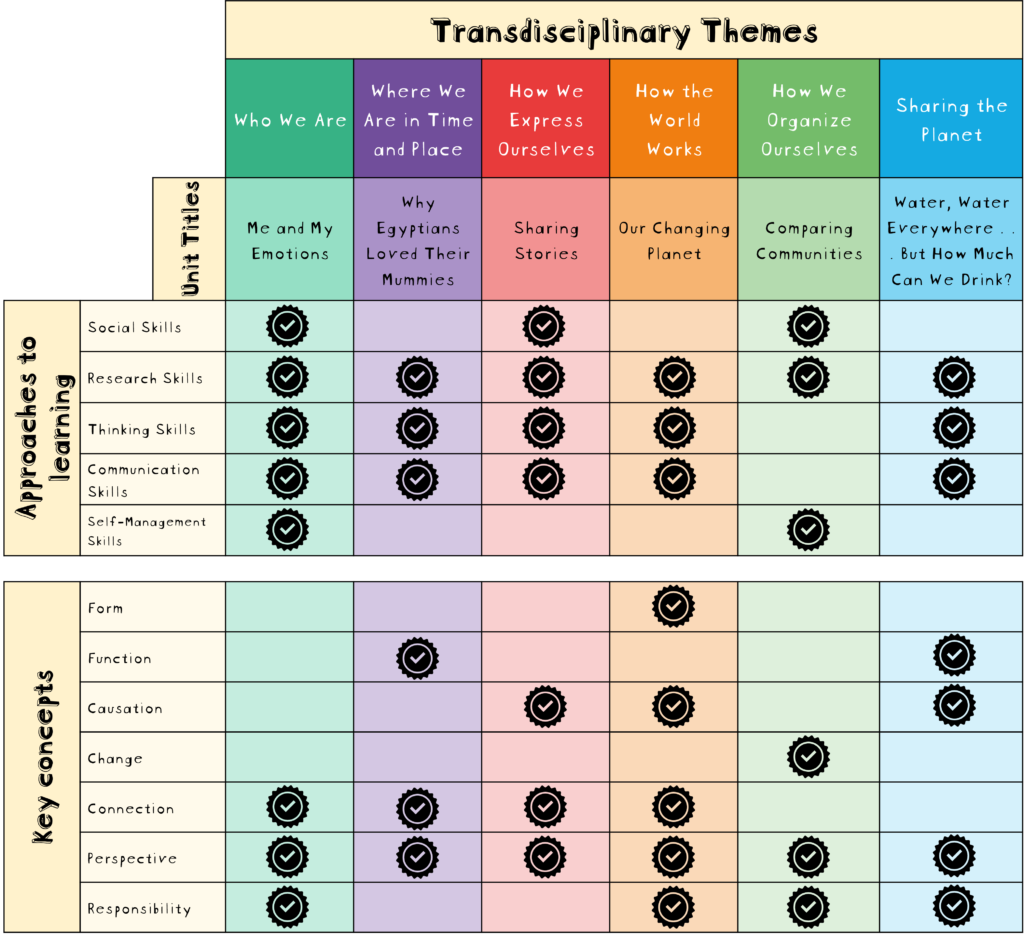In a previous blog post we discussed ATL skills in an MYP or DP setting. This month we want to focus on ATL skills in a PYP environment.
What are ATL skills?
In education, there’s a lot of emphasis on how important these skills are, but what exactly are they? Approaches to Learning (ATL) skills focus on how someone learns. Each child is different, and so may find different ways of learning to be less or more engaging than their classmates. Applicable to all grades and topics across a child’s education, in the IB Primary Years Programme an understanding of ATL skills helps children to become inquisitive and autonomous learners, with the IB interdisciplinary nature guiding them to further research the areas they find interesting and hone their ways of thinking. This encourages them to ask questions and allows them to develop an active, holistic and independent approach to their own education that will help them throughout the rest of their education and beyond.
ATL skills in a PYP context
In the IB PYP, five specific ATL skills have been identified to help children and teachers identify a child’s best ways of learning. These skills often overlap:
Self-management skills
These include the ability for children to understand what they want to achieve in order to set their own goals and deadlines, such as using calendars or task lists.
Research skills
Being able to research means children need to understand what they are trying to discover. This involves formulating the questions they want answered, planning how they will find those answers, and observing and discovering the information for those answers. This also includes collecting, recording, organizing and interpreting data in order to present this to others.
Thinking skills
Children need to not only acquire information, but they also need to comprehend and apply it. This involves analysing and evaluating what they have found in order to draw their own conclusions, as well as understanding how they reached that conclusion and what it says about them as a learner and thinker.
Social skills
This largely comes down to the ability to work as part of a group. Social skills involve being able to accept responsibility for one’s own actions and work, and respecting and co-operating with others. It also includes being able to take on a variety of roles within a group and being part of that group when making decisions.
Communication skills
It is important for children to be able to communicate what they have learned in a way that is clear and most effective for the information they want to present. This might include speaking, presenting and writing for others, adapting and using the best method for their audience. These skills also include the ability to understand what others are saying, which includes understanding non-verbal cues (such as body language), being able to listen to what others are communicating and reading information to learn for themselves.
ATL skills in PYP How, Where, Who, Share!
Our workbook PYP How, Where, Who, Share! has been created specifically for IB PYP learners and focuses on the development of ATL Skills in the context of the transdisciplinary themes.
We’ve ensured the book covers all of the approaches to learning skills, encouraging children to practise learning in different ways as they explore the transdisciplinary themes and key concepts explored in the book. We have also mapped the ATL skills in an easy-to-follow table as part of the teacher’s guide that gives you a holistic overview of the topics.
Along with science activities, independent and guided research tasks, and questions about the content, each chapter begins with an introduction to a topic and encourages children to take responsibility for their own learning by deciding what area they are most interested to focus further on as they explore the topic.
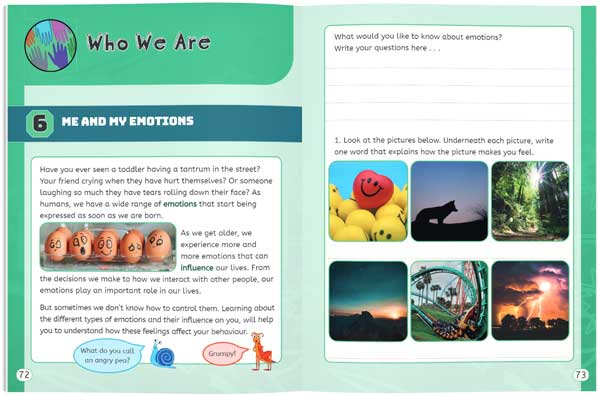
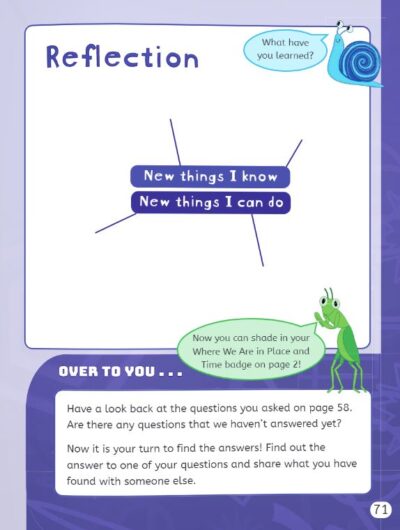
The starting introductory page is bookended with a Reflection page at the end of each chapter. This final page helps children to consider what and how they have learned in the chapter, along with an opportunity to go back to their original questions for further independent research, and then practise their communication skills by sharing what they have found with someone else.
ATL skills in PYP Agents non-fiction readers
On the journey to becoming a reader, young readers must transition from picture books and levelled readers to longer texts. We’re here to help you guide your students on their reading journey. PYP Agents is a collection of 20 high-interest short chapter books that introduce informational texts in an exciting way. With inquiry-based prompts and questions, children are encouraged to follow their interests, communicate their thoughts, and learn about the world.
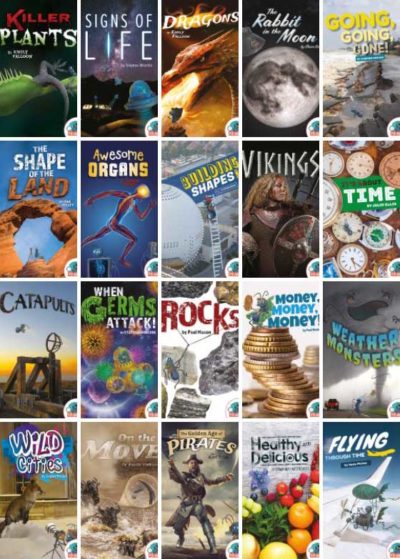
The free accompanying teaching material also encourages children to communicate with each other, consider why the authors made certain decisions, and Reflect on what they have learned and how they came to their new conclusions.
